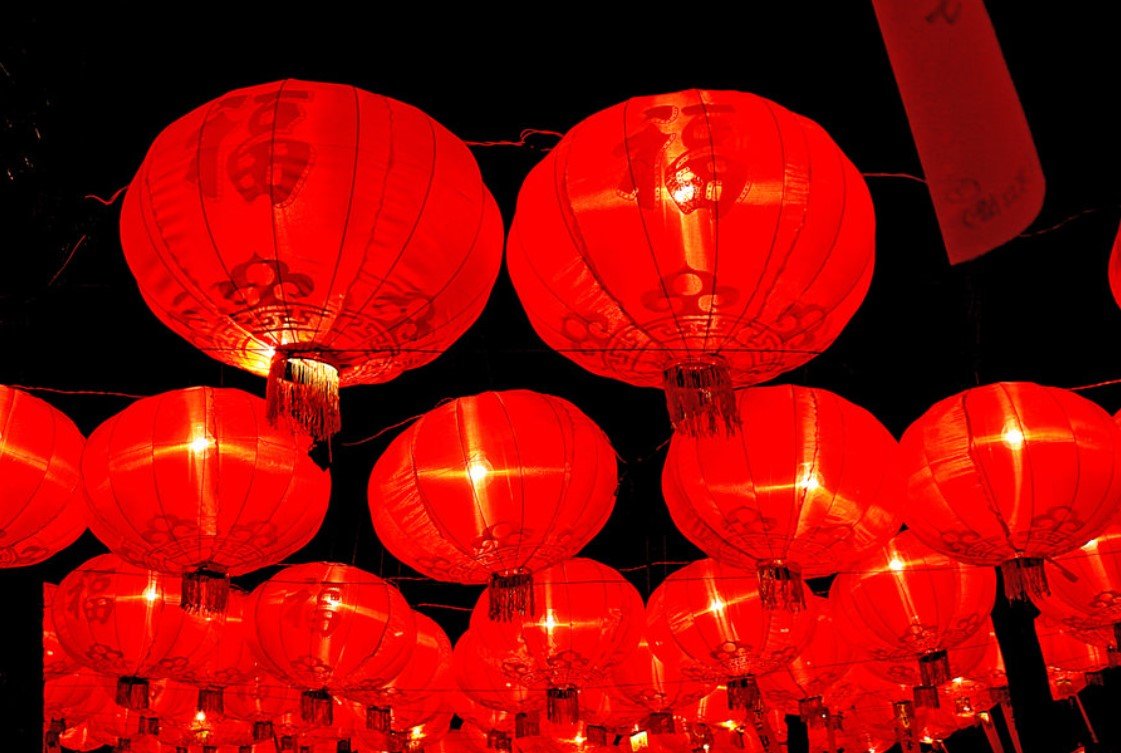The Qingming Festival, also known as Tomb-Sweeping Day, has traditionally been a time for honoring ancestors. In recent years, it has also become a catalyst for domestic travel, providing a much-needed boost to China’s tourism industry. This year’s three-day holiday saw a surge in travel activity, with millions seizing the opportunity to explore the country’s diverse destinations.
The recent Qingming holiday period marked a significant upturn for China’s domestic tourism sector. According to the Culture and Tourism Ministry, there was an 11.5% increase in travel compared to 2019, with approximately 119 million visits recorded. This rebound is a positive sign of recovery and a testament to the pent-up demand for travel among the Chinese populace.

The economic impact is equally impressive, with tourism revenue reaching about 54 billion yuan, up 12.7% from 2019. These figures underscore the vital role that domestic tourism plays in China’s broader economic landscape, particularly in the post-pandemic era.
The Lure of Nature and Tradition
The allure of springtime blossoms played a significant role in this year’s travel patterns. Destinations known for their floral displays, such as Luoyang’s peony flowers and Nyingchi’s peach blossoms, saw a remarkable increase in visitors. The desire to connect with nature after prolonged urban confinement has been a driving force behind the choice of destinations.
Moreover, the trend towards short-distance tours within and around cities indicates a shift in travel preferences. Travelers are seeking experiences closer to home, reflecting a cautious yet eager approach to rediscovering the joys of travel.
Diversifying the Tourism Experience
The Qingming holiday also highlighted the evolving tastes of Chinese travelers. There is a growing appetite for unique and diverse experiences, as evidenced by the rise in self-driving tours and hotel bookings. This diversification is pushing the tourism industry to innovate and cater to a broader range of interests and activities.
In addition to traditional hotspots like Beijing and Shanghai, lesser-known locales are gaining popularity, thanks in part to viral online content showcasing local food and folk activities. This trend is expanding the tourism map and bringing attention to the rich tapestry of experiences that China has to offer.
















